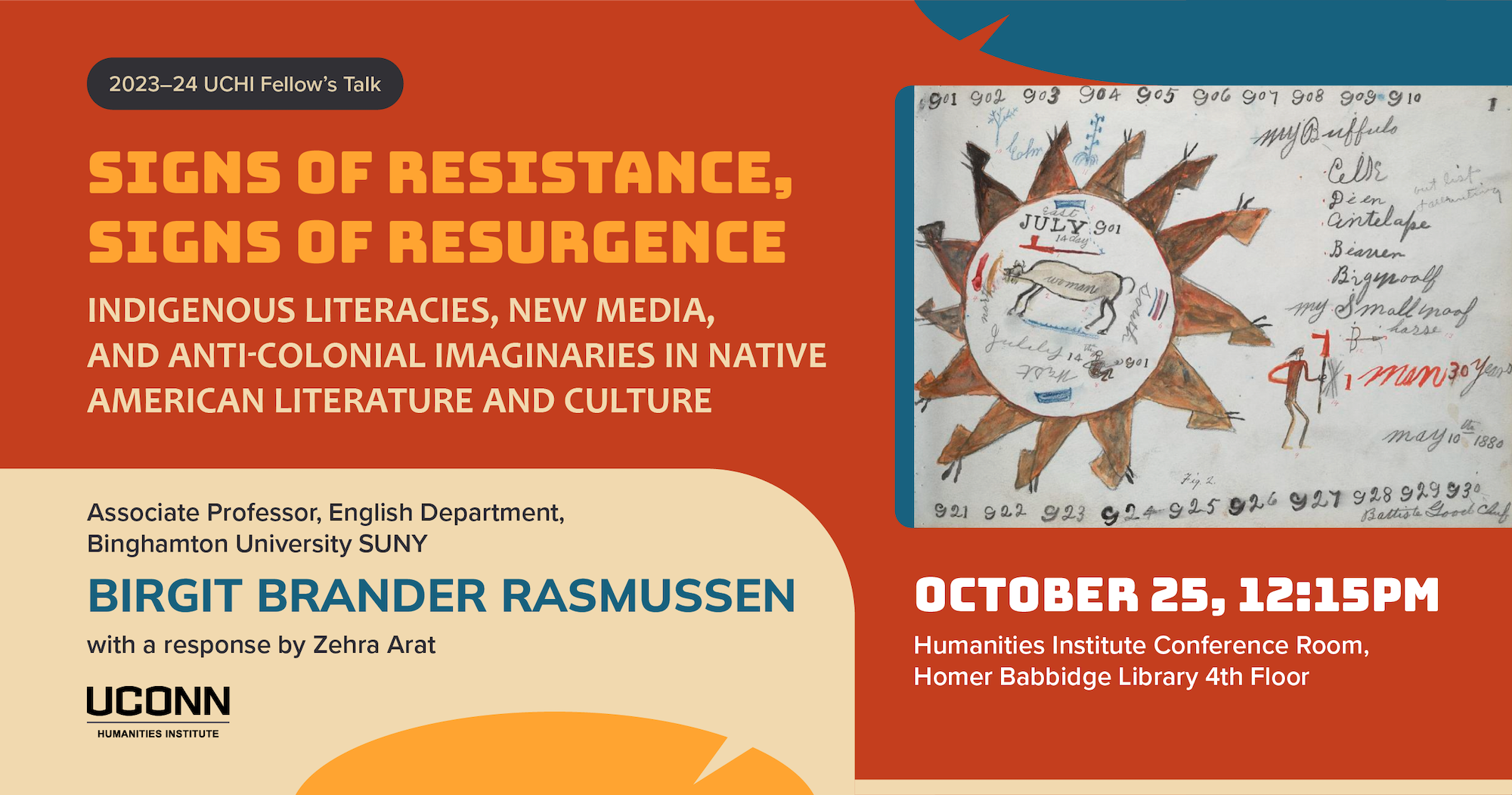Human Rights Norms in Turkey: A Historical Analysis of Political Party Programs
Zehra Kabasakal Arat (Professor, Political Science, UConn)
with a response by Tracy Llanera (Philosophy, UConn)
Wednesday January 31, 2024, 12:15pm, Humanities Institute Conference Room (HBL 4-209)
The event will also be livestreamed with automated captioning.
Starting with the Charter of the United Nations (UN), which included the promotion of human rights as a goal of the organization, international human rights norms have been advancing. The current studies on human rights norms tend to explore how international norms have been developed and how they have been adopted or challenged by states. The tendency is to treat international human rights norms as external to societies, especially to developing countries. Since some elements of the contemporary international human rights norms have existed in practically all societies (usually articulated as duties), the project is designed with an interest in examining human rights norm development at the intersection of domestic and international politics. It involves a longitudinal study of Türkiye—a country that has been engaged in the UN and European human rights regimes since their beginnings but maintained an inconsistent and problematic human rights record. Focusing on political parties, which play critical roles in agenda setting and policy formulation but neglected in human rights scholarship, it examines the articulation of human rights norms in political party programs issued since the 1920s.
Zehra F. Kabasakal Arat is Professor of Political Science at the University of Connecticut. She studies human rights, with an emphasis on women’s rights, as well as processes of democratization, globalization, and development. In addition to her scholarship, she has been active in professional organizations in various capacities (e.g., Founding President, Human Rights Section of APSA); she has served on the editorial boards of several journals and book series and is currently the editor of the book series “Power and Human Rights” by the Lynne Rienner Publishers. Her work is recognized by several awards, including the APSA Award of Distinguished Scholar in Human Rights (2010). She is also engaged in human rights activism and a founding member of the Women’s Platform for Equality. For more information, please see https://polisci.uconn.edu/person/zehra-arat/
Tracy Llanera is Assistant Professor of Philosophy at the University of Connecticut-Storrs. She is author of Richard Rorty: Outgrowing Modern Nihilism (Palgrave Macmillan, 2020), co-author of A Defence of Nihilism (Routledge, 2021), and editor of Resilience and the Brown Babe’s Burden: Writings by Filipina Philosophers (Routledge, forthcoming). Llanera works at the intersection of social and political philosophy, philosophy of religion, feminist philosophy, and pragmatism, specializing on the topics of nihilism, extremism, conversion, and the politics of language and resilience. She is affiliated with the UConn Asian and Asian American Studies Institute and the UConn Women’s, Gender, and Sexuality Studies Program. Llanera is also a core member of Women Doing Philosophy, a global feminist organization of Filipina philosophers.
Access note
If you require accommodation to attend this event, please contact us at uchi@uconn.edu or by phone (860) 486-9057. We can request ASL interpretation, computer-assisted real time transcription, and other accommodations offered by the Center for Students with Disabilities.



